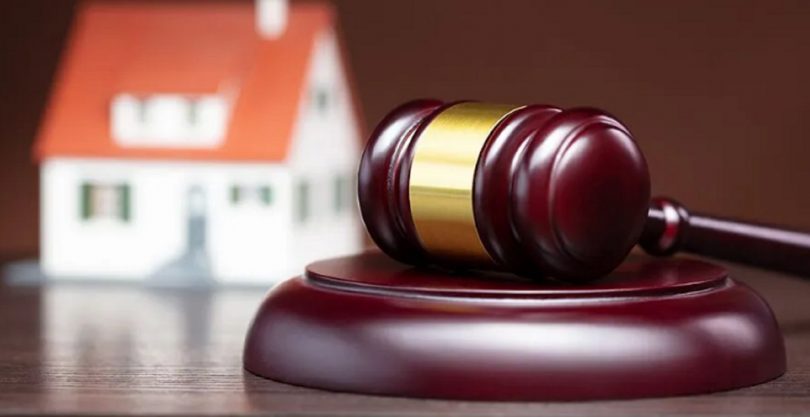Table of Contents
Lost heirs can only be found by professional genealogists experienced in detailing bloodline connections.
A genealogy report is admissible in a probate court and can provide a detailed account of the lost heir’s whereabouts.
As a result, the probate court can make reliable conclusions about estate settlement and bring to rest the tedious process.
Key Takeaways
- Searching for lost heirs from adoptions, multiple marriages, and blended families is what genealogists do best.
- If an heir is unknown or not accounted for, the probate court assigns an executor to make good-faith efforts to locate them.
- Consulting a professional genealogist saves the executor and probate court attorneys the risks and headaches.
How To Search for Lost Heirs and Beneficiaries

Heir search
Searching for lost heirs is what genealogists do best, although modern family dynamics are becoming more complex. The increase in adoptions, cohabitations, multiple marriages, and blended families means you need a professional to find accurate answers.
No one bothers about lost relatives until they’re possible heirs in intestacy succession or when they’re named in a will.
When the issue gets before the probate court, it halts the estate distribution process until all rightful beneficiaries or heirs are identified and their fate sealed.
In this case, concerned parties will have to start with traditional methods of finding clues. The steps involve speaking to leads, searching family records, publishing a newspaper notice, etc.
Remember, you still need a reliable report from a professional genealogist for the court to accept your findings.
Who Oversees Heir Search in The Probate Process?

Assets and Estate distribution
An Executor or estate administrator must notify heirs-at-law of intestacy or name in the will. This notification signals the heirs to exercise their rights to object or participate in the probate proceedings.
If an heir is unknown or not accounted for, the probate court assigns an executor to make good-faith efforts to locate them.
While the court gives no specific instructions to the administrator, it expects them to do their best and act with due diligence.
The court can determine whether an executor has fully met their obligation of locating a lost or unknown heir. It also has the final say on whether the administrator can spend the estate’s funds to find the beneficiaries.
Benefits of Hiring a Professional Genealogist to Locate Heirs

attorneys, executors, and genealogists are bound by the law
Conducting a diligent search and finding all the heirs to an estate can be a cumbersome responsibility for an administrator. The complexities in searching and gathering search resources are often underestimated, not to mention dealing with scattered relatives worldwide.
The situation could get even more troublesome for intestate cases involving complicated family structures and missing relatives. For this reason, any attorney trying to unearth a complex genealogy link without the help of a professional genealogist is akin to the adage of a man who tries to be his own counsel.
If you think conducting heir search yourself would save time and money than going for a genealogist, wait until the task gets complicated and the hours pile up.
Consulting a professional genealogist saves the administrator and estate case attorneys the risks and headaches. Genealogy searches require a set of expertise and resources available only to experts.
But even after the attorney has decided to hire a professional genealogist, they will likely err on choosing the right one. After all, hiring just any genealogist you encounter could be as big a mistake as assigning it to a novice.
Instead, you should apply crucial metrics to size up the merits of the genealogy firms you consider.
What Makes A Good Heir Searcher?

Hidden treasures
Your choice of genealogy firm should be reputable through its ratings and customer reviews. The firm should also have vast genealogy resources to prove they’re worth their salt.
Above all, check whether genealogists in your preferred firm can testify in court when needed. This may be necessary when a challenge arises in court against the discovered heir due to questionable records, name alterations, varying dates, missing documents, etc.
Luckily, Record Click is a firm with a hard-to-beat record and top-rated service delivery. We give you the peace of mind and confidence that we’ll conduct thorough research exploring possible surprises likely to pop up during the proceedings.
READ MORE: Record Click’s Heir Research Services, Costs, And Expectations.
Can Probate Proceed Without the Missing Heir?

You need to join the dots and back information with concrete evidence
The surrogate can decide to proceed with the case in the beneficiaries’ absentia if it finds that the executor has exhausted all possible channels to trace the unknown or missing heir.
However, the executor must file an affidavit detailing all their search attempts, petitioning the surrogate court to proceed or close that case.
With a will and other beneficiaries, the court should guide how to handle the estate. If there’s no beneficiary or will, the court consults the state law on proceeding.
In most cases, courts allow a specific time for the heir to come forward, after which it presumes them dead and distributes the estate according to the will or the state’s intestate laws.
Alternatively, the court may hold the inheritance for the missing heir until they come forward. In this case, the court appoints a guardian ad Litem to oversee the assets.
The last resort for unclaimed estate ends up escheated. Still, it is treated as a deposit to allow another chance for the lost beneficiaries.
Unwind The Mystery
If a close family member dies intestate, you need professional attorneys to guide you on the probate process. Contact us to schedule your free consultation and structure the proper way forward.







